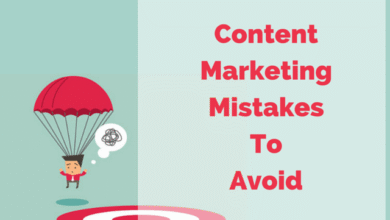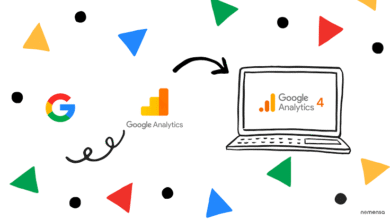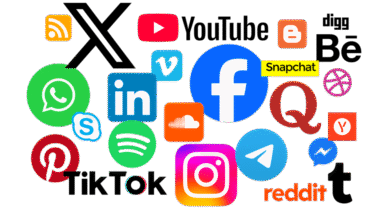The Ultimate Guide to Mastering Digital Marketing: Strategies for Success

In today’s fast-paced digital landscape, businesses need to stay ahead of the curve to remain competitive. Digital marketing has become an essential component of any successful business strategy, allowing companies to reach, engage, and convert their target audience like never before. In this comprehensive guide, we’ll explore the world of digital marketing, discussing its key components, strategies, and best practices to help you master the digital realm.
Understanding Digital Marketing
Digital marketing encompasses all marketing efforts that use digital channels to promote products, services, or brands. It is a data-driven approach that leverages digital platforms like search engines, social media, email, and websites to reach and engage with your target audience. With digital marketing, you can track the performance of your campaigns in real-time, making it easier to optimize and improve your strategies.
Key Components of Digital Marketing
1. Search Engine Optimization (SEO): The process of optimizing your website to rank higher in search engine results pages (SERPs) for specific keywords.
2. Pay-Per-Click (PPC) Advertising: A model of advertising where you pay each time a user clicks on your ad.
3. Social Media Marketing: Using social media platforms to promote your brand, engage with your audience, and drive website traffic.
4. Content Marketing: Creating and distributing valuable, relevant, and consistent content to attract and retain a clearly defined audience.
5. Email Marketing: Sending targeted and personalized messages to your audience via email to build relationships and drive conversions.
6. Influencer Marketing: Partnering with influencers who have a large following in your target audience to promote your brand or product.
7. Analytics and Reporting: Tracking and measuring the performance of your digital marketing campaigns to make data-driven decisions.
Digital Marketing Strategies for Success
1. Define Your Target Audience: Understand who your ideal customer is, what their pain points are, and what motivates them to take action.
2. Develop a Content Strategy: Create a content plan that aligns with your business goals and resonates with your target audience.
3. Build a Strong Social Media Presence: Leverage social media platforms to build your brand, engage with your audience, and drive website traffic.
4. Optimize Your Website for SEO: Ensure your website is optimized for search engines to improve your visibility and drive organic traffic.
5. Run Targeted Advertising Campaigns: Use PPC advertising and social media ads to reach your target audience and drive conversions.
6. Measure and Optimize Your Campaigns: Use analytics tools to track your performance and make data-driven decisions to optimize your campaigns.
How to achieve the best in Digital Marketing
1. Be Authentic and Transparent: Build trust with your audience by being genuine and transparent in your marketing efforts.
2. Focus on Quality Over Quantity: Prioritize quality over quantity in your content, advertising, and engagement efforts.
3. Stay Up-to-Date with Industry Trends: Continuously educate yourself on the latest digital marketing trends and best practices.
4. Use Data to Drive Decision-Making: Use analytics tools to track your performance and make data-driven decisions to optimize your campaigns.
5. Be Consistent: Consistency is key in digital marketing; ensure your messaging, branding, and efforts are consistent across all channels.
Conclusion
Mastering digital marketing requires a deep understanding of its key components, strategies, and best practices. By following the guidelines outlined in this comprehensive guide, you’ll be well on your way to developing a successful digital marketing strategy that drives real results for your business.
Remember, stay focused on your target audience, create high-quality content, and continuously optimize your campaigns in order to achieve success in the digital realm.
What’s Next?
Now that you’ve learned the fundamentals of digital marketing, it’s time to put your knowledge into action. Start by defining your target audience, developing a content strategy, and building a strong social media presence.
Don’t be afraid to experiment and try new things – and most importantly, track your performance and make data-driven decisions to optimize your campaigns.




